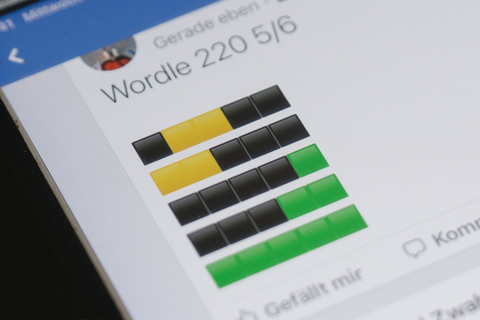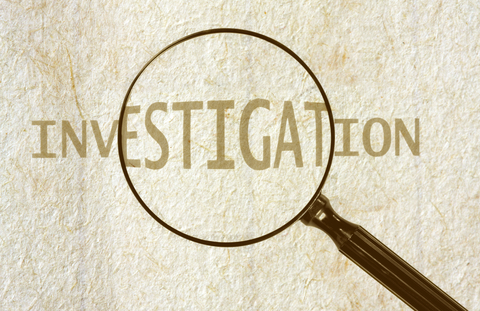What Wordle can teach us about investigations
My name is Marcy, and I’m a Wordle addict. I started playing a few years ago because my late son played and encouraged me to take it up. He loved words and not only played Wordle, but also Wordle Español and Foodle (he was a chef). I still play every day, and my longest winning streak is 358 days.
For some, Wordle is a simple game about guessing a five-letter word in six tries. For others, Wordle offers subtle lessons applicable far beyond the digital grid—including some for investigators.
Here are five lessons for investigators that we can learn from Wordle:
The Power of Strategic Thinking
It isn’t enough to just throw out random words. Wordle players know the value of starting words with lots of vowels, like “ADIEU” or “ARISE,” and trying different letter combinations. This strategic approach forces us to consider probabilities, analyze patterns, and plan our next move based on the results we get. It’s the same for investigations, where a well-thought-out plan that includes looking for and analyzing patterns and probabilities is often the difference between success and failure.
The Value of Stepping Away
When I’m frustrated and the answer escapes me, I find that the best approach is to take a break. It never fails. After stepping back and doing something else for a few minutes, the answer comes to to me as soon as I restart the game. When we’re struggling with our investigations, it often pays to step back for a while. Take a walk or a shower, or do some mindless work. Then restart your investigation with a fresh attitude and approach.
The Importance of Iterative Improvement
In Wordle, each guess provides valuable feedback. Green and yellow squares show us what we did right, and gray squares highlight our mistakes. This information helps us refine our approach with each subsequent try. The process of trial and error, analysis, and adjustment is essential in our investigations, too, where we make changes in our investigative plans based on what we learn from our initial findings.
The Power of Constraints
Limiting players to six guesses forces us to be resourceful and efficient. This constraint fosters creativity and encourages players to think outside the box. For investigators, this can be a reminder that limited budgets or tight deadlines force us to find creative and cost-effective solutions. Also, make sure to use constraints when writing reports. Sometimes less is more.
The Value of Community and Shared Experience
The simple act of sharing our Wordle results with others through the iconic green, yellow, and gray squares creates conversations and a sense of connection (No, I don’t share my results on social media). Investigating is not a solitary activity, and we need to connect with colleagues to share knowledge, contribute our expertise, or just cheer each other on. Join associations, show up on social media, and hire subcontractors to fill in the gaps.
Whether or not you’re a Wordle player, there’s a lot to learn from this simple game. From strategic thinking and iterative improvement to the power of constraints and shared experiences, Wordle offers insights that extend far beyond the realm of word games into the world of investigations.



Love this post. As a Wordle player I totally agree with your insights.
Thanks, Babette!